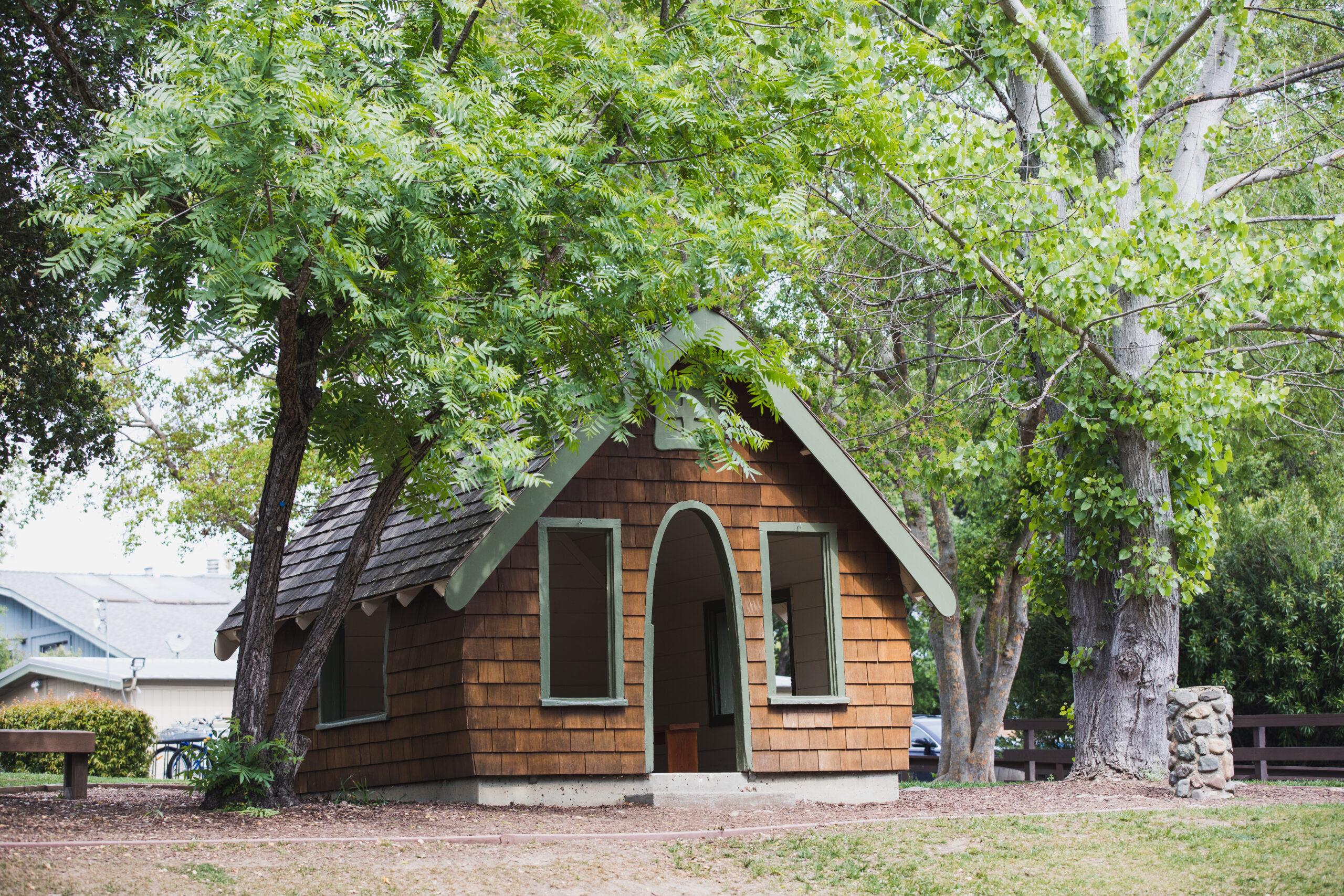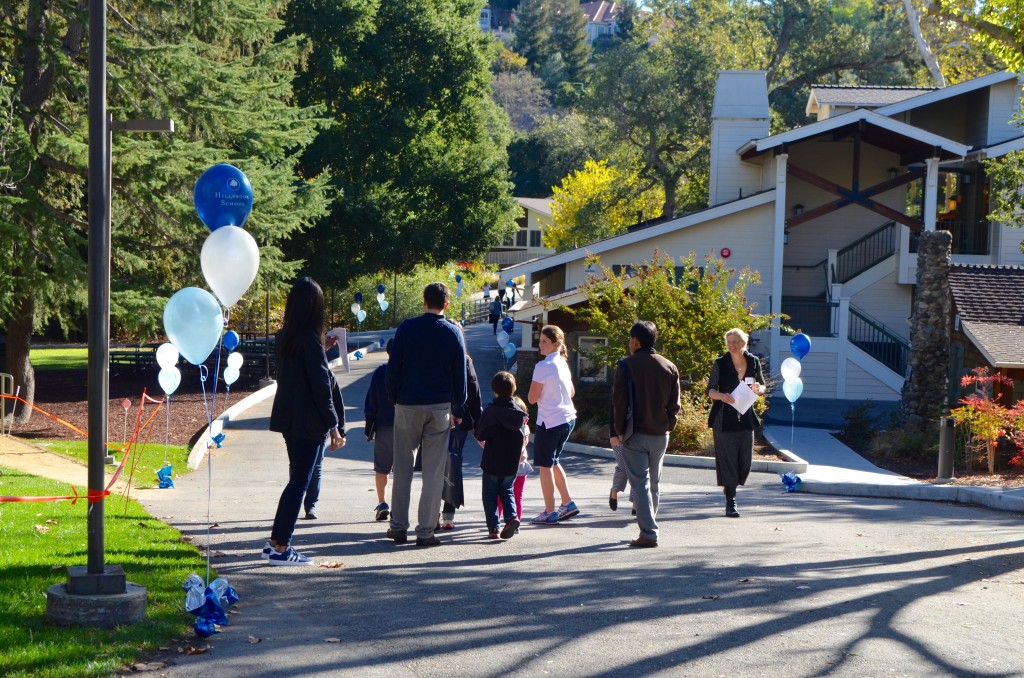This past weekend, we hosted our annual Saturday Open House on campus, the largest turnout of prospective families that we have had in at least five years. The highlight of the day – as it is nearly every time we have an admission event – was watching our Middle School students interacting with prospective families. These dynamic young people confidently led families around the campus, answering questions and interacting with children of all different ages. Several prospective parents remarked to me how impressed they were with the students, and commenting how refreshing it was to hear their unscripted remarks about their school experience. Confident, poised, authentic, comfortable in their own skin – these were the words they used to describe them.
As I watched the students, I was reminded of a line from the mission statement created last year by the students in HERO, a Middle School student group that supports the LGBT+ community and other minority groups that face discrimination. In their mission, the students write, “At HERO, you are recognized as an individual and welcomed to be all of who you are.”
All of who you are.
It’s a powerful idea and something that resonates with our vision as a school – to inspire students to achieve their dreams and reach beyond themselves to make a difference in the world. In order to achieve your dreams you need to know yourself as a person and a learner. Sounds straightforward enough, right? And yet creating spaces where students can be all of who they are is something that is rarely found or nurtured in traditional schools.
Instead of meeting children where they are and nurturing their growth, schools have traditionally forced children to fit into the structure of school. Rows of desks, teacher-centered classrooms, rote memorization and recitation of disconnected information – this stereotypical image of school persists because it reflects the reality of all too many classrooms across our country. Some children, of course, thrive in this environment, while all too many children simply survive school and bide their time until they make it into the real world. Even those who thrive develop a set of skills – following directions, paying attention, recalling information, taking tests – that have little connection to the skills our children need to thrive as adults.
As a growing list of books and movies – Creating Innovators, How to Raise an Adult, Most Likely to Succeed – suggest, people are recognizing that traditional models of school do not work. As I looked around last weekend, I sensed that the families visiting our campus are looking for alternatives and they are seeking a school in which their children will be known and understood as individuals.
At Hillbrook, we are committed to helping children realize their full potential, recognizing that each child is a unique individual. We want them to be the best Devan or Hailey or Naomi or Colin they can be. We want them to be all of who they are. It’s a powerful idea, and it’s at the heart of the Hillbrook experience.

